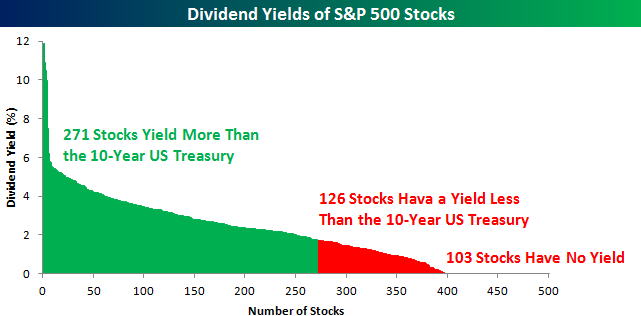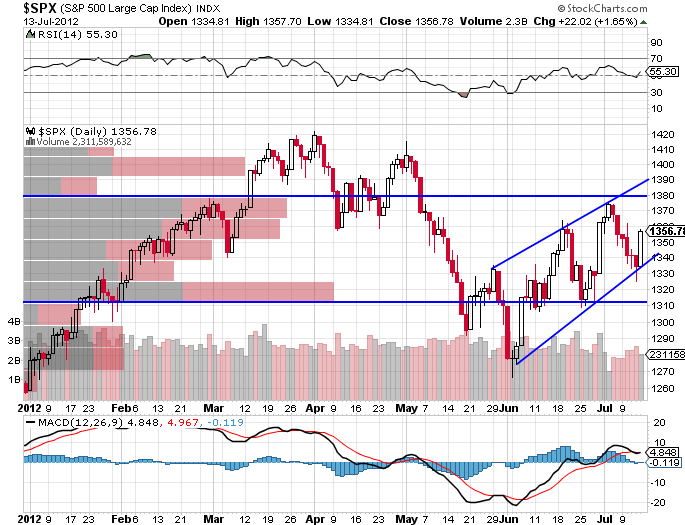Jeremy Schwartz, CFA, Executive Vice President, Global Head of Research
In a recent “Behind the Markets” podcast , Bruce Mehlman, founder of bipartisan government relations firm Mehlman Castagnetti Rosen & Thomas. With so much of our daily narrative driven by what comes out of Washington, this was an interesting conversation about major political trends that may shape the years ahead.
Mehlman just released a presentation titled “De-Global: 10 Trends Defining the New World,” which was a focus of our conversation.
Here are some highlights of our conversation with Mehlman:
- The most defining differences in politics today versus the past:
- In the Federal elections in the U.S. between 1960 and 1978, only 3 of the 10 saw the party that controlled the House, the Senate or the presidency change hands.
- In the Federal elections between 1980 and 1998, only 4 of the 10 saw the parties in control change hands.
- From 2000 to 2018, 8 of the 10 have seen change elections.
- Mehlman ascribes this dissatisfaction with politics to how technology has created social disruption, leaving many people unhappy and contributing to the rise of populist politics.
- Mehlman thinks it is hard to bet against “change” in the modern political era, and it will be interesting to see what manifests in the 2020 election between former Vice President Joe Biden, a career politician, or President Trump, currently in the office but who was elected as being a change agent. Obviously, however, that scenario assumes that Biden receives the Democratic Party’s nomination against Trump.
- Mehlman sees many parallels between today’s economy and the gilded age of the U.S., the time between 1870 and 1900 when many new inventions and technologies changed the nature of employment. There were railroads, electricity and automobiles introduced during this era, and today we have the internet, social media and other mobile capabilities. There was rising inequality in both periods before the system reformed.
- Antitrust law developed in 1890 during this period, and Mehlman sees a similar set of new regulations that will be brought against technology companies.
- There were worries that these types of reforms were going to kill capitalism, but instead it ushered in one of the great periods of growth in the 20th century, even if new rules had to be put in place.
- In that spirit, Mehlman would be surprised if there were not one or more Department of Justice antitrust actions taken against one of the big tech companies in the coming years. Antitrust actions moved faster than he expected last year, and he thinks that will be the case this year as well.
- Mehlman cited how there were more new businesses started every day during the Jimmy Carter administration than the Trump administration, and so we have to reimagine the rules around competition for the big technology companies like Google and Amazon.
Please listen to the full conversation below.
This article first appeared on the WisdomTree blog on January 14.
Photo Credit: Kevin Gill via Flickr Creative Commons



